Europe approves a plan to double the production of semiconductor chips so as not to depend on Asian countries
- In order to reduce Europe’s dependence on the industry of Asian semiconductors, Strasbourg parliamentarians have endorsed the Chips Act. The investment planned for the creation of chips production centres in Europe is EUR 43bn.
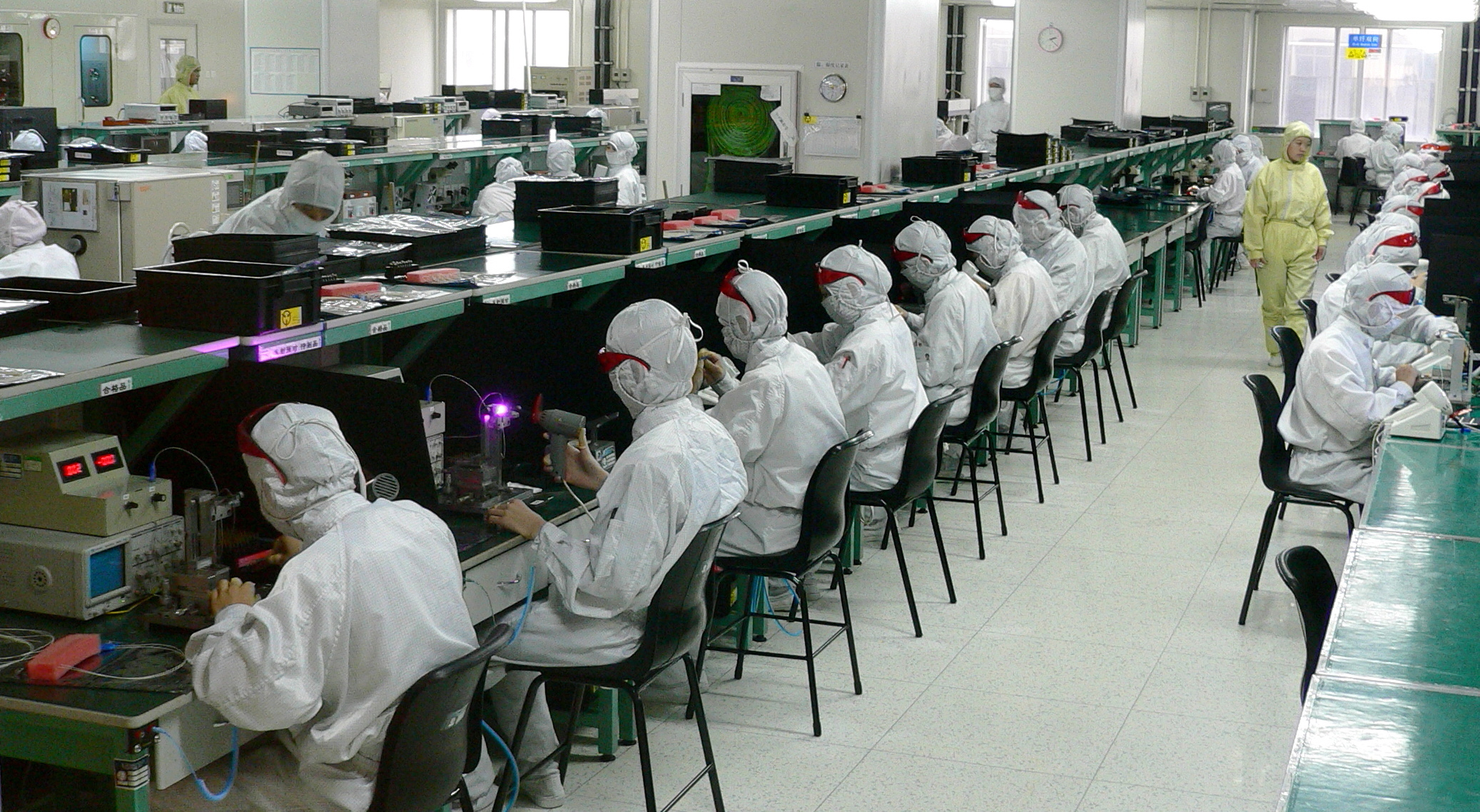
There is no doubt that chips have become geopolitical weapons. These small devices, essential for moving mobile phones, other electronic devices, drones and armaments, are another front of the new cold war between China and the United States, and Europe is no stranger to it.
This Tuesday, the Chip Act, a European plan to increase the research and production of semiconductors, agreed in advance between the European Parliament and the Council of Europe, was approved in Strasbourg. 587 parliamentarians supported, only 10 opposed and 28 abstained.
According to this Plan, the European Union intends to double the production of semiconductors to reach 20% of the world market by 2030, which currently has only a 10% share. In this way, the Community authorities intend to eliminate the dependence of Asian countries, which has become apparent in recent years, especially with the breakdown of supply chains following the COVID-19 pandemic in 2020.
90% of the sophisticated semiconductor chips are produced in Taiwan, but the rest of the chip production is also found in South Korea and China. In contrast, in the European Union, the Dutch company ASML has become a key multinational company in the sector, as it is the main generator of chip printing machines.
"In the past, research was being invested and production relocated. At the end of this time, we need massive investments for our industrial base"
Thierry Breton, Commissioner for the European Internal Market
The recently approved plan provides for an investment of EUR 43bn, both public and private, for the establishment of semi-conductor chip generation workshops in Europe. "In the past, research was being invested and production relocated. At the end of this time, we need massive investments for our industrial base," said European Commissioner for the Internal Market, Thierry Breton, in passing the law, according to the EuroEFE agency.
The Plan also provides for coordination and observation measures between EU countries, especially in case of problems in the supply of semiconductors.
In recent times, the USA and the European Union have taken measures to control the market for semiconductor chips, especially to limit the import of semiconductors in China. Semiconductors have thus become a major competition between the world's powers.
Recently, China has imposed export restrictions on "rare lands" such as gallium, germanium, etc., necessary to create these semiconductores.Segun CNN, the Chinese Ministry of Trade "protects national security and its interests".
In recent weeks and months, all kinds of political, economic and business organizations have been constantly raising the sounds of war. But what if the purpose of this buzzing noise was not to allow us to think clearly and the fear was to confuse our analysis? Let’s try to... [+]
At the beginning of the year, the Zedarria group publicly supported the "opening of the debate" on the "defense" industry (as well as the nuclear industry), to which the Basque Government has immediately joined. First, through Mikel Torres, Vice President and Economic Counselor, who... [+]
Ukrainaren ondoren Polonia?
Europar Batasunak Ukrainako gerra hauspotu du Kiev armaz hornituta, eta menia oraindik airean delarik, gerraren zikloan murgilduta dago bete-betean. Hori bai, bere diskurtsoa modulatzen ari da, eta gero eta gehiago hitz egiten du balizko su-etenaz... [+]
Bizitza erdigunean jartzeko abagunea ikusi genuen feministok zein ekologistok Covid-19 pandemia garaian. Ez ginen inozoak, bagenekien boteretsuak eta herritar asko gustura itzuliko zirela betiko normaltasunera. Bereziki, konfinamendu samurra pasa zutenak haien txaletetan edo... [+]
At the end of June we finished the first parts of the book Conversión de la industria militar en Euskal Herria para no fabricar más guerras (Adaptation of the arms industry in the Basque Country so as not to create more wars) La guerra is coming! It explores and investigates... [+]
Historia errepikatzen dela idatzi zuen Marxek, “lehenik tragedia gisa, gero fartsa moduan”. Armagintzaren eta militarismoaren inguruan errepikapen hutsa ez, espiralean goraka doan buklea ari gara bizitzen, fartsatik asko duena, eta tragedian amaitzeko gero eta aukera... [+]
Martxoaren 19an amaitu zen proiektua aurkezteko epea, baina Errioxako PSOEk adierazi du Forestalia enpresak "interesa baztertu" duela. Enpresak bi parke eoliko eraiki nahi zituen Aragoiko lurretan, baina oraindik ez ditu lortu baimenak eta hori dute egitasmoa... [+]









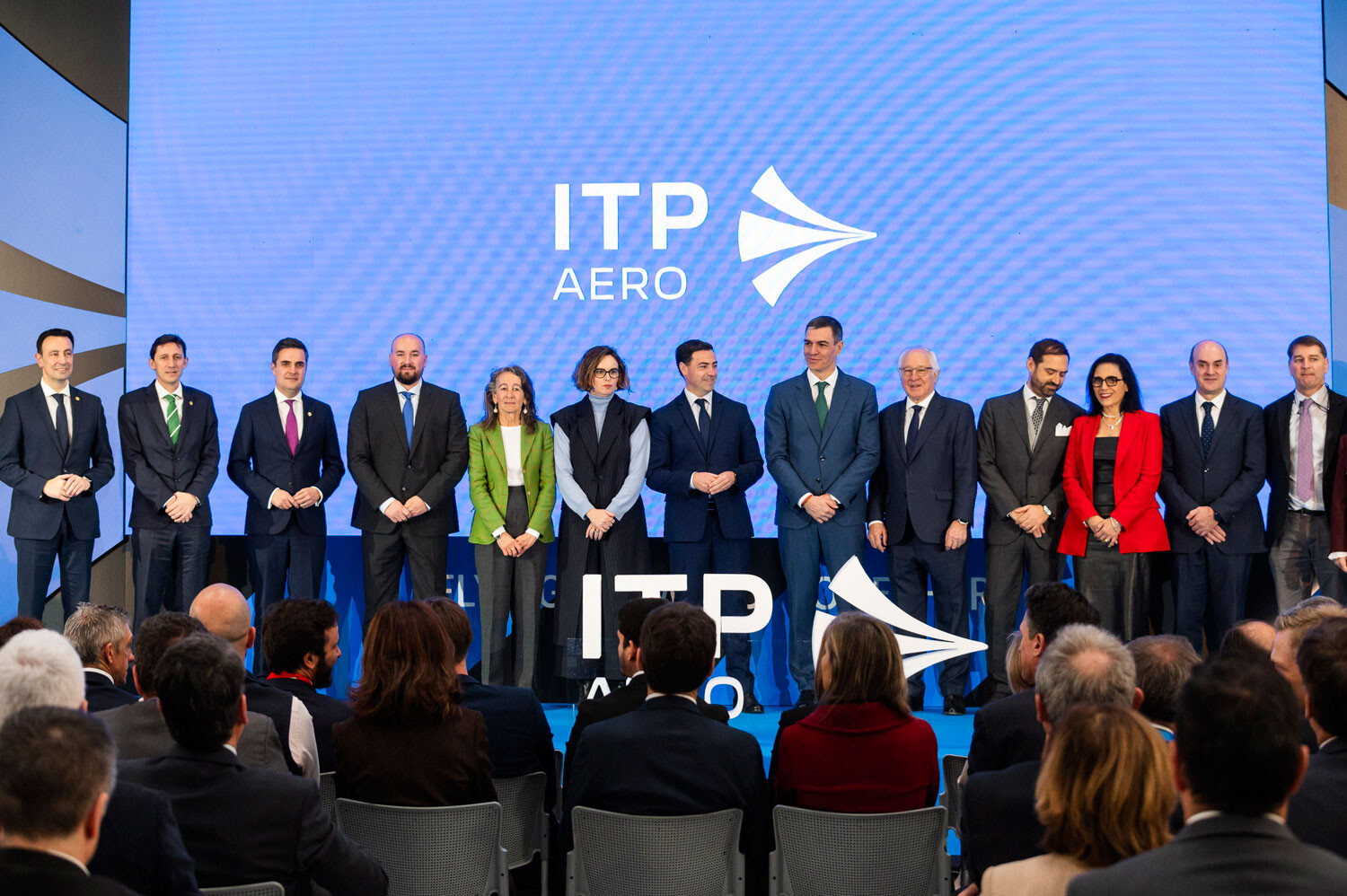


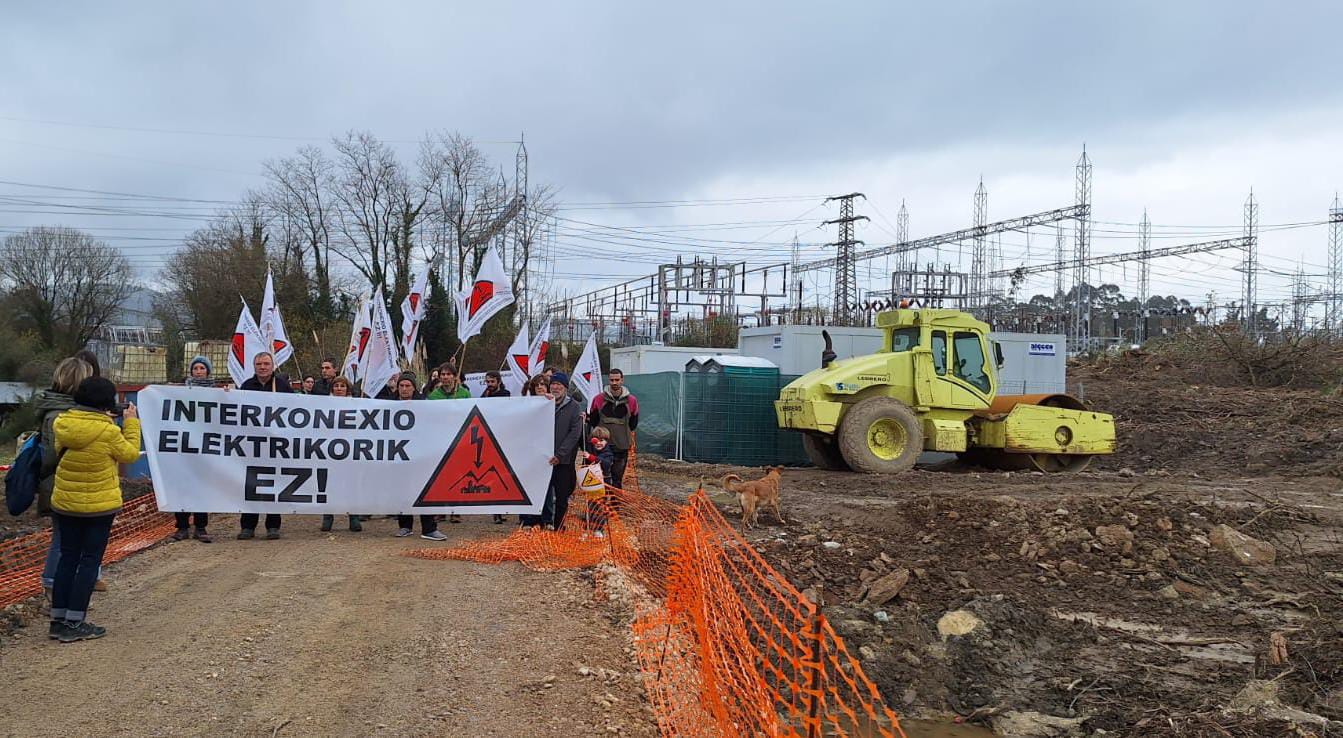
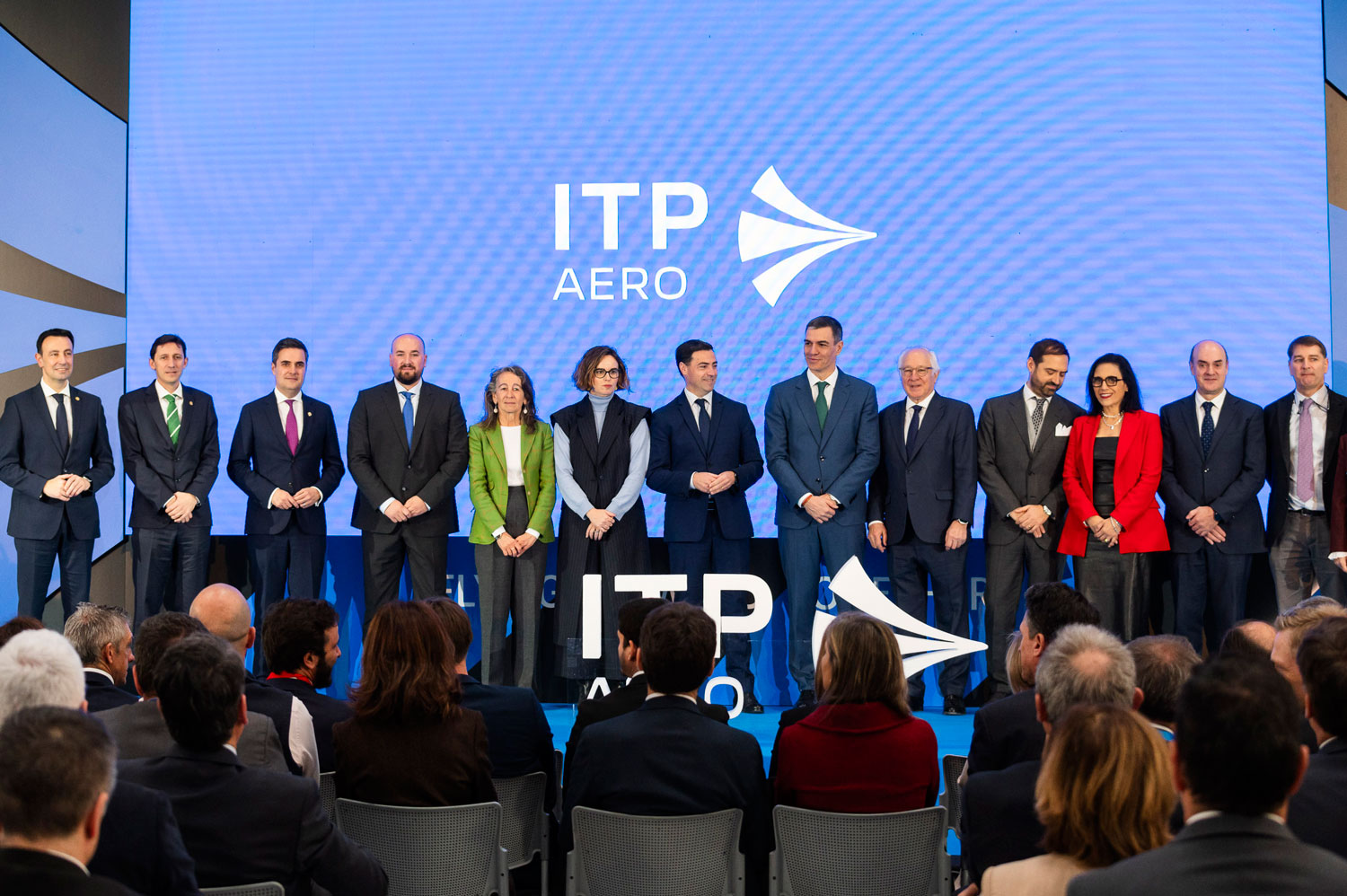

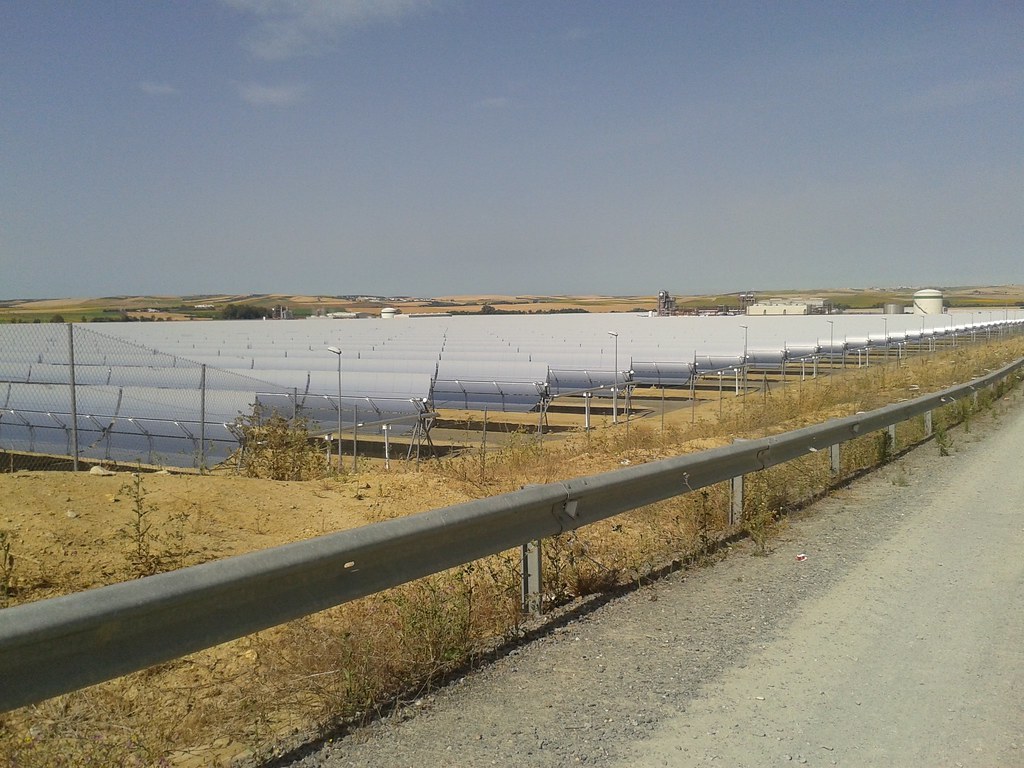
.jpg)




.jpg)
